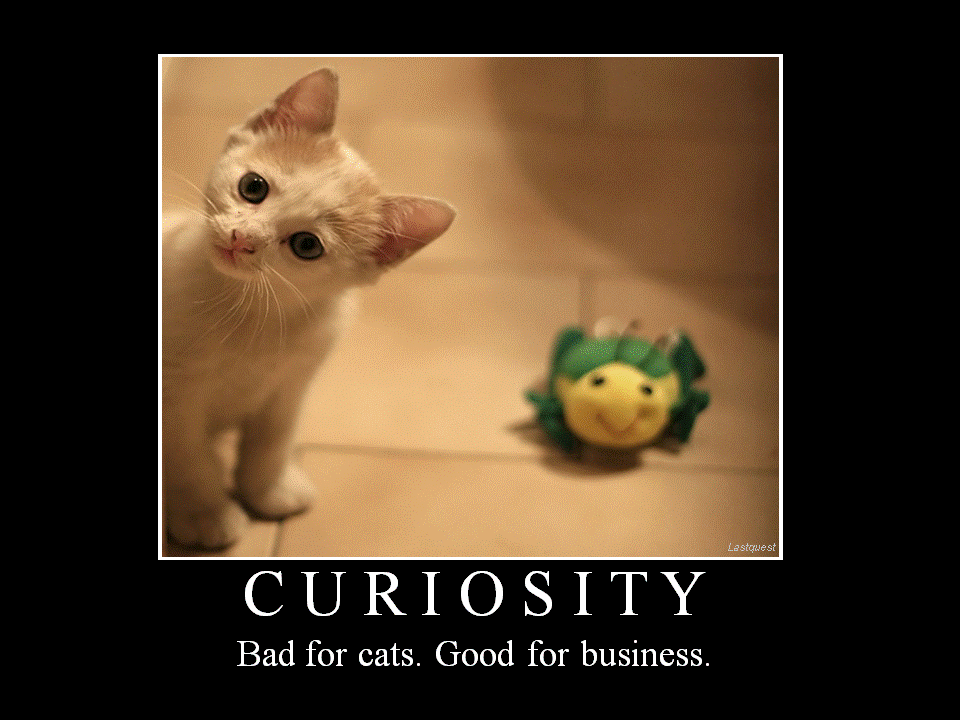Here’s a quote from a BBC news article yesterday:

The UK's "stiff upper lip" culture may explain why it lags behind other countries when it comes to beating cancer, say experts.
Researchers, who surveyed nearly 20,000 adults in six high-income countries, said they found embarrassment often stopped Britons visiting the doctor. Respondents in the UK were as aware of cancer symptoms as those in Australia, Canada, Denmark, Norway and Sweden, but more reluctant to seek help, they said.
When you drill down to the underlying reason behind “embarrassment” or “reluctance to ask for help”, you usually end up with “pride”.
This reminds me of one of my “seven deadly syndromes of knowledge-sharing”. I called it “Real men don’t ask directions”, or “TomTom syndrome”
Imagine the scene: You’re on your way to a dinner party at a friend’s house; you left home a little late, so now you’re in a hurry and the quality of your driving is deteriorating. Your partner is unsettled and tells you that “she’d prefer to get there in one piece than not at all”. Now, just to add to the tension, you have a nagging thought that you might have taken a wrong turn. You carry on though, hoping that you’ll happen upon a road-sign or a landmark, but none appear. Finally, your partner breaks the silence and tells you what you already know. You’re lost! “No problem”, she says triumphantly pronouncing the solution; “pull over by that man over there and we’ll ask for directions”.
Of course, it’s not exclusively a male problem, but it does seem to be the case that men suffer from this syndrome more than women. It’s hard to ask for help.
We have all had times when we have that nagging sense that “there might be a better way to do this”, or “perhaps someone else has already figured this one out”. What stops us from asking around for solutions and ideas for improvement? Sometimes it’s a sense that we’re supposed to know the answers.
Why would I want to show everyone else that I’m incompetent? That doesn't seem like a route to promotion. However, once I've solved my problem, I’ll be happy to share my solution.
The truth is, the biggest challenge to organisations who want to get more from what they know, isn't that they have a knowledge sharing problem. It’s that they have an asking problem.
It’s also true to say that we often turn to technology for help when a conversation would be more timely, more accurate and more helpful – whether that’s with a doctor, a local resident or a knowledgeable colleague who would be only too willing to help.






